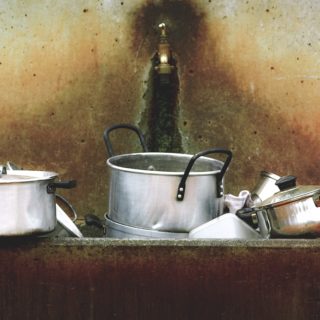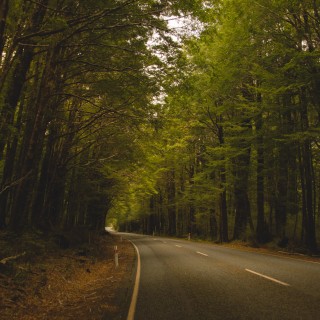If you think Jesus would have come into your home that day and not issued a strong rebuke to the head of household, you are mistaken. These words of condemnation have been haunting me for days now. They aren’t all that different than the soundtrack I play in my head on an almost-daily basis. It’s…










